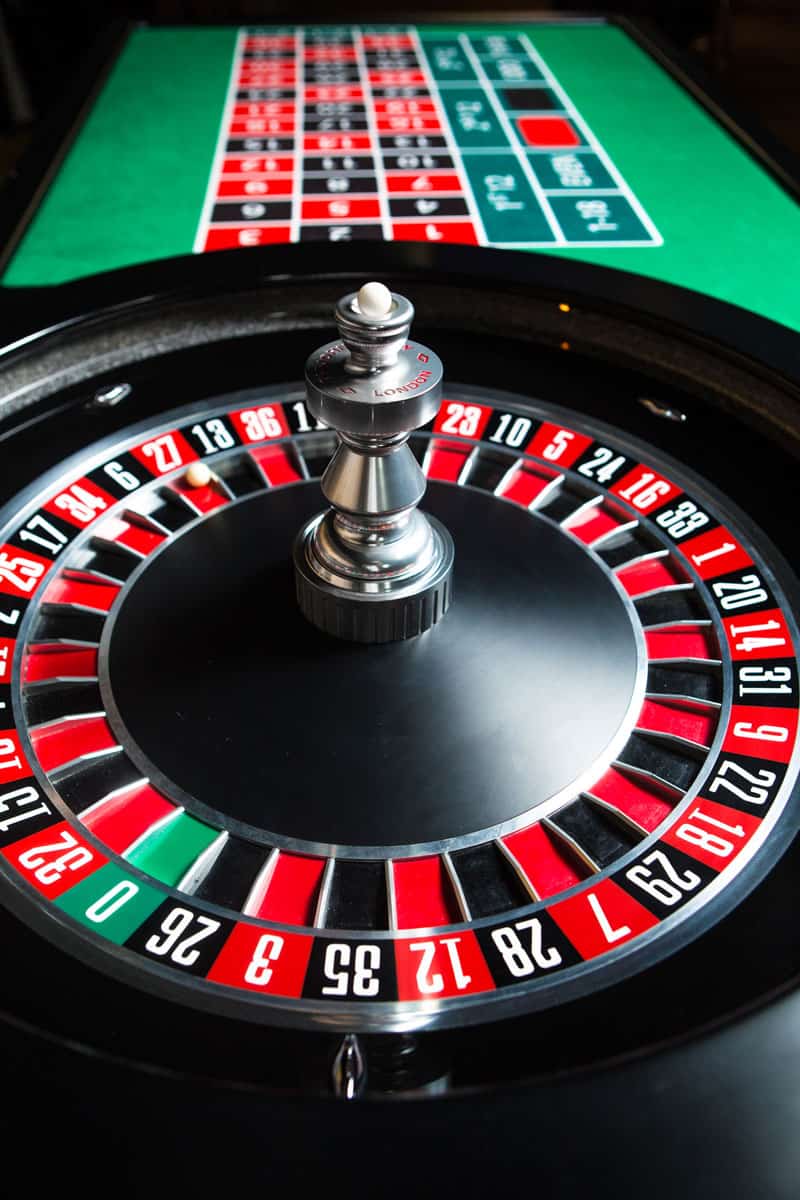The first step to becoming a professional gambler is learning enough about probability to get an edge when betting. Casinos stay in business because they have a mathematical edge over most players. Your goal as a professional gambler is to only bet when you have anedge.
Make a living off of roulette bonus amount that has make a living off of roulette to be wagered. For example, if you deposit €100 and receive a €500 bonus, then you have to wager €600. 40 = €24 000 before you can make a withdraw.
How Do You Play Roulette
But how do you know if you have an edge or not?

You have to be able to do the math.
Luckily, it’s not hard.
Probability is just a mathematical way of looking at how likely certain events are. A probability of an event occurring is always a number between 0 and 1. If an event has a probability of 0, itwill never happen. If it has a probability of 1, then it will always happen.
- Sep 20, 2015 Since a roulette wheel has 38 numbers, you have 37 ways to lose and only 1 way to win. That means your odds of winning are 37 to 1. If you got paid off at 37 to 1, you’d have an edge of 0, and so would the house. If you could get paid off at 38 to 1, you’d have an edge over the casino.
- Apr 19, 2011 Before it is possible to play roulette for a living. You must Master Yourself & the game of Roulette. You are best to try and play Roulette as a hobby part time until you find out if you have the self control and skill level to make a living from playing Roulette.
Here’s an example:
You flip a coin. You want to know the probability that it will land on heads.

You determine that by dividing the number of ways you can achieve the result you’re solving for by all possible results. When flipping a coin, you only have one way of getting heads. You alsohave two possible results—heads or tails. So your probability of getting heads is 0.5.
That probability can be expressed as a fraction or a percentage, too. 0.5 is the same thing as ½, and it’s also the same thing as 50%.
When you bet on a particular event, you can compare the probability of winning that bet with how much you risk versus how much you stand to win in order to determine the expected value of thatwager. For most casino games, your expected value on each bet is negative—the casino has an edge over you.
Here’s an example:

You bet on a single number at the roulette table. The probability that you’ll win that bet is 1/38. If you do win, you get paid off at 35 to 1 odds.
One other way to express a probability is in odds format. That’s a comparison of how many ways you can fail versus how many ways you can succeed. Since a roulette wheel has 38 numbers, youhave 37 ways to lose and only 1 way to win. That means your odds of winning are 37 to 1.
If you got paid off at 37 to 1, you’d have an edge of 0, and so would the house. If you could get paid off at 38 to 1, you’d have an edge over the casino. But you only get paid off at 35 to1, so the house has an edge over you.
In all those cases, your probability of winning is low, but if you get paid off enough money, even a low probability bet gives you an edge over the house.
Here’s why:
Suppose you play 38 spins of the wheel. You’re betting $1 on every spin. If you get results that mimic the mathematical probability, you’ll lose $37 and win $35. You lost $1 on 37 spins, and youwon $35 on one spin. That means your expectation is -$2 over 38 bets.
You can divide that expectation by the number of bets to get an amount you expect to lose on average per bet. In this case, your expected loss per bet is $0.0526. You can express that as apercentage if you like, and in this case, that percentage is 5.26%.
Your goal as a professional gambler is to only place wagers where you have an edge. Since your statistical results over a large number of trials should near the mathematical expectation, you canexpect a profit if you play long enough.
How To Play Roulette And Win
That’s the math that works for the casino, and that math can work for you as well.